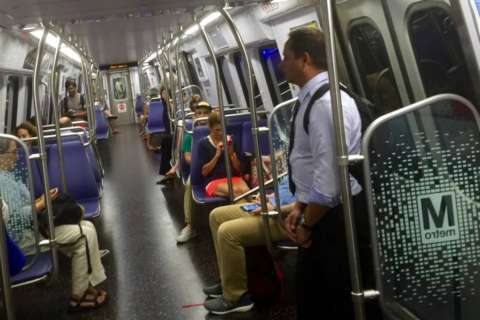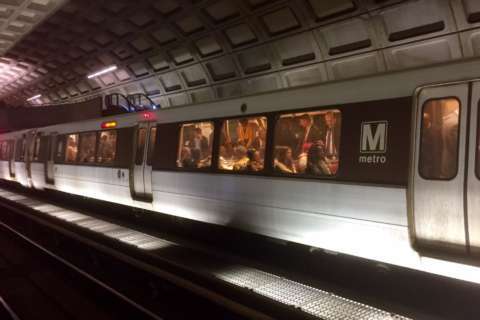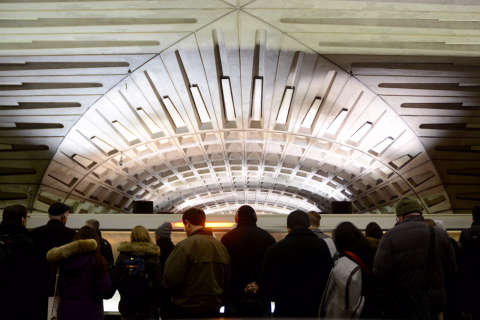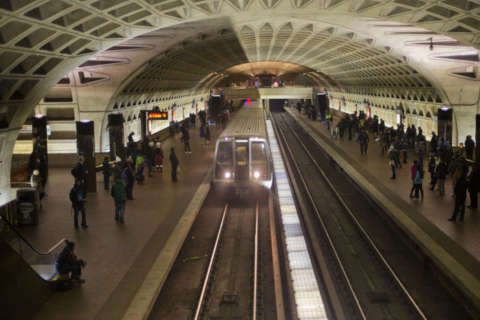WASHINGTON — Several Metro Board members want to consider adding more service to the budget proposed this week — a budget that several jurisdictions say could already be a struggle to afford as it is.
“At least to my first look at it, [I] sense that this may be a little bit too bare-bones,” Metro Board Finance Committee Chairman Michael Goldman said.
Goldman, a Maryland appointee, suggested the board consider adding $10 million to $15 million to the operating budget request in order to provide three expansions of service: new or enhanced bus routes mostly in D.C. and along Interstate 395 set to be approved Nov. 16; additional Red Line service to Shady Grove by continuing all trains that turn around at Grosvenor-Strathmore to the end of the line, and adding extra money requested by the Office of the Inspector General.
“Geoff Cherrington, our new inspector general, has been very effective targeting waste, fraud and abuse in the system, and we get returns for that in terms of savings in the budget … greater efficiency,” Goldman said.
Metro Board Chairman Jack Evans would also still like to see longer Metro hours return at some point in the future.
Goldman described his own three suggestions as being on the margins of General Manager Paul Wiedefeld’s $3.1 billion budget proposal for the year starting in July. It includes increased spending as Metro ramps up capital maintenance work to address long-deferred maintenance needs that local leaders, especially in local government in Virginia, say would be difficult to pay for without affecting other services.
“I totally support increasing transit service, but it has to be done where we can financially afford it,” Wiedefeld said. “I can’t just absorb those costs — meaning the agency can’t — but if new dollars come in, yes, we should provide lots more transit service — that’s what we’re in the business of. But we also have to give the financial realities … so if we want new service, that’s great, but now we need to come up with the dollars to do it.”
Prince George’s County Metro Board Member Malcolm Augustine supports Metro’s coming efforts to push for more riders to use transit passes rather than one-way fares, among other attempts to boost the use of the rail and bus system after years of declining ridership, so Metro can better meet what should be its primary purpose: moving more people.
“We do need to turn the corner at some point,” Augustine said.
Metro projects it will come in under budget for the current year, barring any major changes to ridership, major snow storms, unexpected safety needs or the award of significant raises for workers through an ongoing arbitration process.
Wiedefeld said the projected $32 million in budget reductions for the current year are expected to take effect across many parts of the agency, in part to offset lower actual ridership than Metro had hoped for. The system regularly runs fewer trains than provided for in the budget during critical weekend and evening track work.
The agency has no plans to restore service at off-hours.
“Not right now, we’re not. We will continue to look for ways to improve demand and revenue,” Wiedefeld said. “We’re going to do it from the perspective of what we can actually deliver in terms of quality service. I think demand will start to come back … it will take some time though.”








